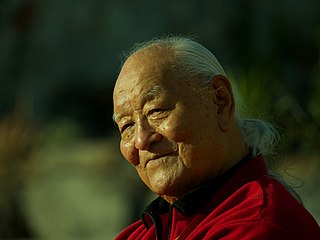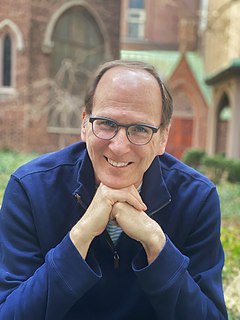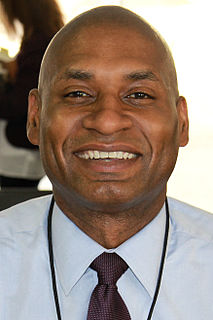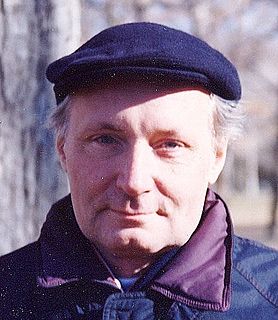Цитата Анны Фаусто-Стерлинг
«Самая сокровенная квинтэссенция жизни» — это оригинальная работа, наполненная богатыми новыми исследованиями, опирающаяся на важную первичную литературу, которая до сих пор не была изучена и переварена. В этой книге Чандак Сенгупта предлагает как историю открытия гормонов, так и хронику того, как это открытие изменило наши представления о теле и как наши существующие представления о сексе и сексуальности, в свою очередь, повлияли на наши представления о гормонах.
Темы цитат
Была
Книга
Тела Обе
Хроники
Концепции
Открытие
Сущность Жизни
Существующая
Наполненная
История
Гормоны
Насколько
Важна
Информированная
Жизнь
Жизнь - это
Жизнь - это
Литература
Самое
новое
Теперь
Предлагает
Оригинал
Наша
Первичная
Квинтэссенция
Опираясь на
Исследования
Богатый
Тайный
Секс
Сексуальность
Трансформированная
Поворот
Понимание
До
какой
Работы
Связанные цитаты
Двойственность — это настоящий корень наших страданий и всех наших конфликтов. Все наши концепции и верования, какими бы глубокими они ни казались, подобны сетям, которые заманивают нас в ловушку двойственности. Когда мы обнаруживаем свои пределы, мы должны попытаться преодолеть их, освободившись от любых религиозных, политических или социальных убеждений, которые могут нас сдерживать. Мы должны отказаться от таких концепций, как «просветление», «природа ума» и т. д., до тех пор, пока мы больше не будем пренебрегать интеграцией нашего знания с нашим реальным существованием.
Экспериментаторы думают, что мы можем получить наши понятия только путем эмпирического исследования, в то время как кабинетные философы думают, что мы можем пропустить эксперименты и разобраться во всем, не вставая с кресла. Их объединяет, однако, то, что они рассматривают наши понятия как цели философского теоретизирования, и я просто не думаю, что в подавляющем большинстве случаев предмет философии имеет своей целью наши понятия.
Каждое утро я пил кофе с женой, и мы обсуждали идеи. Шестьдесят процентов того, что я делал для магазинов, было концепцией. Остальные сорок процентов приходилось на исправление и очистку других концепций в доме или на окончательное оформление моих концепций. Большинство моих концепций были настолько закончены, что их можно было передать кому-то другому.
Сексуальность является частью нашего поведения. Это часть нашей мировой свободы. Сексуальность — это то, что мы сами создаем. Это наше собственное творение и гораздо больше, чем открытие тайной стороны нашего желания. Мы должны понять, что с нашими желаниями приходят новые формы отношений, новые формы любви, новые формы творчества. Секс — это не фатальность; это возможность для творческой жизни. Недостаточно заявить, что мы геи, мы также должны создать гей-жизнь.
Самый большой враг в нашей жизни – это мы сами. Мы являемся тем, что мы есть, в некотором смысле, из-за доминирующих мыслей, которые мы позволяем собирать в нашей голове. Все концепции самосовершенствования, все действия и пути, которыми мы идем, относятся исключительно к нашему абстрактному образу самих себя. Жизнь ограничена только тем, как мы действительно видим себя и чувствуем себя. Большое количество чистого самопознания и внутреннего понимания позволяет нам заложить важнейший фундамент структуры нашей жизни, из которого мы можем воспринимать и выбирать правильные пути.
Мы познали горечь поражения и ликование триумфа, и из того и другого мы узнали, что пути назад нет. Мы должны идти вперед, чтобы сохранить в мире то, что мы завоевали в войне. Наступает новая эра. Даже сам урок победы несет с собой глубокую озабоченность как нашей будущей безопасностью, так и выживанием цивилизации. Разрушительный потенциал военного потенциала, благодаря прогрессивным достижениям в области научных открытий, в настоящее время фактически достиг точки, которая пересматривает традиционные концепции войны.
Мой главный профессиональный интерес в 1970-х годах был связан с резкими изменениями концепций и идей, которые произошли в физике в течение первых трех десятилетий века и которые все еще развиваются в наших современных теориях материи. Новые концепции в физике вызвали глубокие изменения в нашем мировоззрении; от механистической концепции Декарта и Ньютона к целостному и экологическому взгляду, взгляду, который, как я обнаружил, похож на взгляды мистиков всех времен и традиций.
Прогресс науки всегда был результатом тесного взаимодействия между нашими представлениями о Вселенной и нашими наблюдениями за природой. Первое может развиться только из второго, а последнее также в значительной степени обусловлено первым. Таким образом, в нашем исследовании природы взаимодействие между нашими понятиями и нашими наблюдениями может иногда привести к совершенно неожиданным аспектам среди уже знакомых явлений.

































